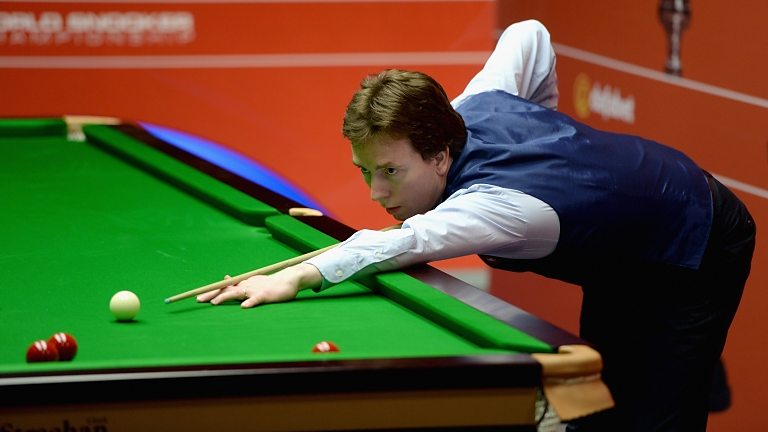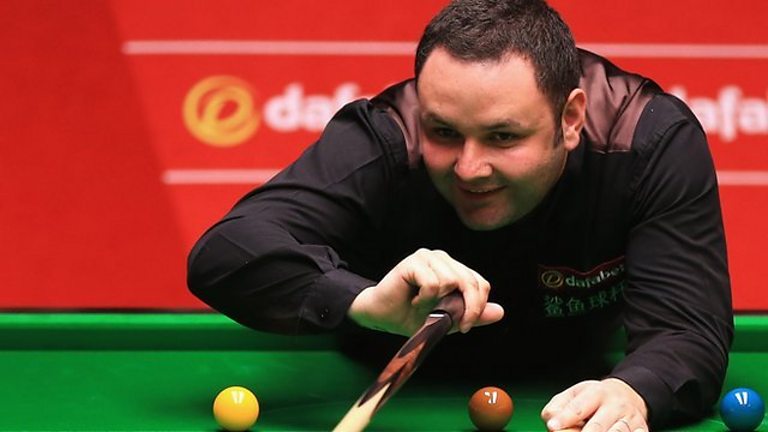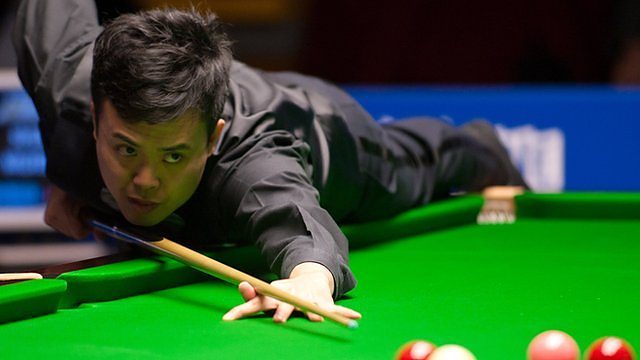

I'm trying to watch the Welsh Open Snooker on the red button, but while it presumably continues online for the most part, the red button coverage just mirrors BBC2 Wales, so it's on from 1pm in the afternoon until that finishes (which is fine) but then in the evening, it starts at 7pm and ends at 8pm. Easy to say in the mid 16th century when the incitements to play were limited by there being neither internet gambling nor red-button viewing.There might be a thread about this somewhere but with the search function gone, I can't check. Lynch closes his book with a quote from Girolamo Cardano, author, in the 1560s, of Liber Di Ludo Aleae, "the greatest advantage in gambling lies in not playing at all". That is often the downside of gambling, not the amount one loses but the amount of time wasted limiting those losses. But it soon reveals its remorseless side in the sheer accumulation of bets that are made in order to win or lose increasingly insignificant (in terms of time spent to secure them) amounts.

Interleaving his bets with entertaining anecdotes on how he became a keen gambler, and what that means, Lynch's book cracks along at a merry pace. Like many brought up in the days when betting shops were required by law to be decorated like a circle of hell, Lynch has not lost his "sense of wonder that something so brilliant and so potentially catastrophic can be available in his own home to every man who can get himself an internet connection and a credit card". A fine book has just come out (and if there is one thing that you need to survive The Crucible it is a fine book) called Free Money by Declan Lynch in which the author details, bet by bet, a year spent gambling on the internet. The future of sports broadcasting encapsulated, on to gambling. And in a red-button world there is no limit to how much sport can be screened. And because the BBC do not allow advertisers the only way to take advantage of these billions of viewers will be to sponsor the events, which will mean the sports will be paid more and more, provided their events are on the BBC.

And were the BBC to pay for the rights to show these events on their website around the world, then the viewing figures would be astronomical. If a sport event is taken up by the BBC you can watch it live when it is on traditionally, and when it isn't on red buttonly, or catch up with it after it's over on BBC iPlayerly. If the BBC can provide this level of service for one viewer (I can't believe anyone else is watching now Ronnie's gone) then how can anyone else compete? For the cost of a licence fee (which is a quarter the cost of a national newspaper) and at the push of a button, I can be my own scheduler. The implications of this development spread way beyond the red-button community.


 0 kommentar(er)
0 kommentar(er)
